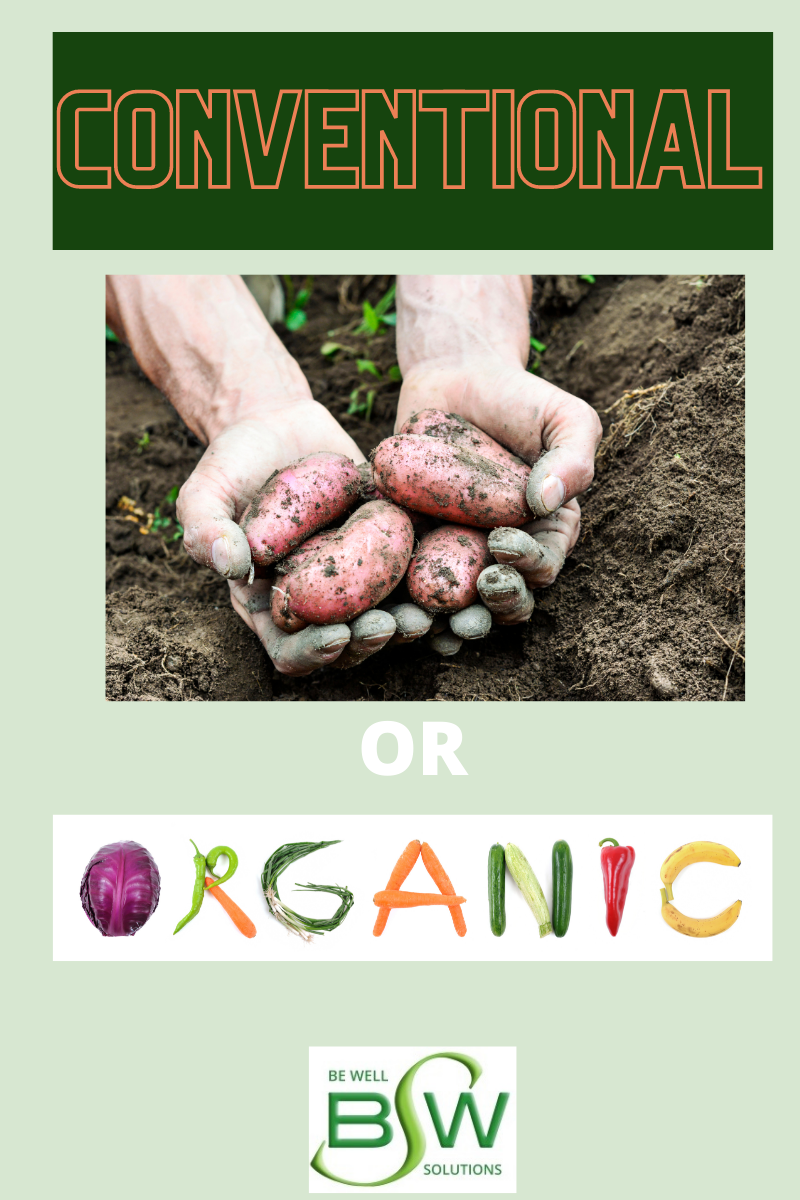A frequent dilemma in the produce aisle: to choose organic or not to choose organic. Perhaps you pick up two apples: one organic and one conventionally grown. Both are round, firm, and red. Both are full of vitamins, minerals, and fiber. So which should you choose? Let’s get the facts straight before heading off to the grocery store.
What does “organic” mean?
According the U.S. Department of Agriculture (USDA), the term “organic” refers to the way farmers grow and handle their crops. They must follow strict guidelines to be labeled with the USDA organic seal. Organic farming practices, established by the USDA, are designed to enhance water and soil quality, reduce overall pollution, and promote sustainability among the farming industry.
In organic farming there are practices that are not permitted and are overseen by the USDA. Materials and processes NOT allowed by the USDA include:
- Synthetic fertilizers
- Pesticides
- Genetic engineering (GMOs)
Are organic fruits and vegetables more nutritious or safer?
The nutritional benefit of organic produce is still unclear. In organic fruit and vegetables crops, studies have found small to moderate increases in antioxidant values that are not of significant value. Organic crops were also found to have four times lower rates of pesticides which has been linked to toxic chemicals among conventionally grown crops. The jury is still out on exact benefits. Overall, there may be some potential for creating healthier living habits.
Food Safety Tips
Whether your decision is to opt out for conventional produce and switch to organic, or you want a mixture of both, food safety tips remain the same! As a reminder, choose a variety of fruits and vegetables when shopping, wash and scrub all produce before eating, and read labels carefully.
- Choose a variety: When choosing fruits and vegetables opt for a variety of different colors, textures, and shapes.
- Select in season produce: Ask your store clerk for in season produce so you have the freshest produce available.
- Read food labels carefully: Just because a product is labeled organic or contains organic ingredients does not always mean it is healthier. Check the food label for calories, fat, and sodium.
- Thoroughly wash and scrub all produce: Before consuming or using, make sure to wash and scrub all produce under running water. This will help to remove any dirt, bacteria, or traces of chemicals from the outer surface.

